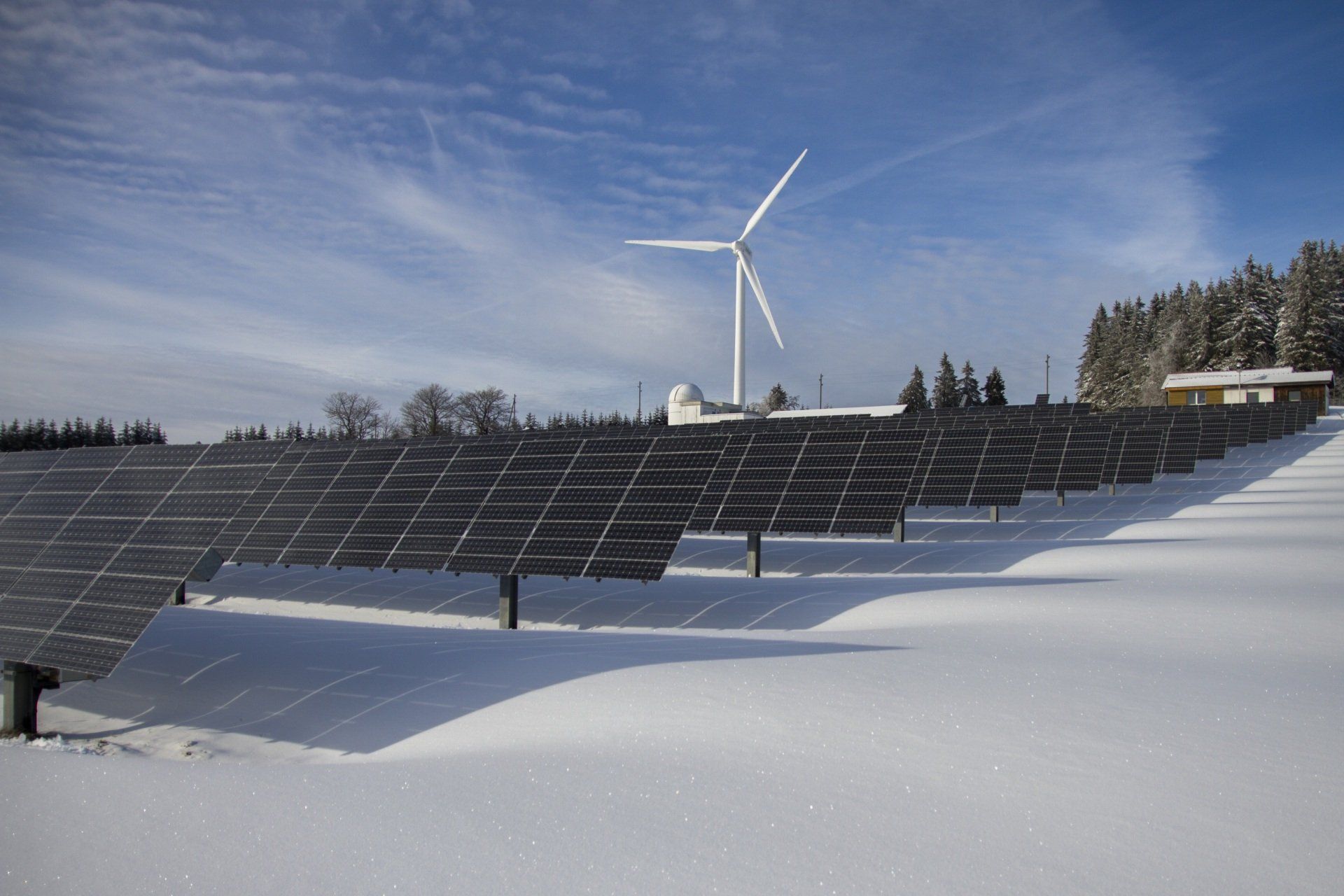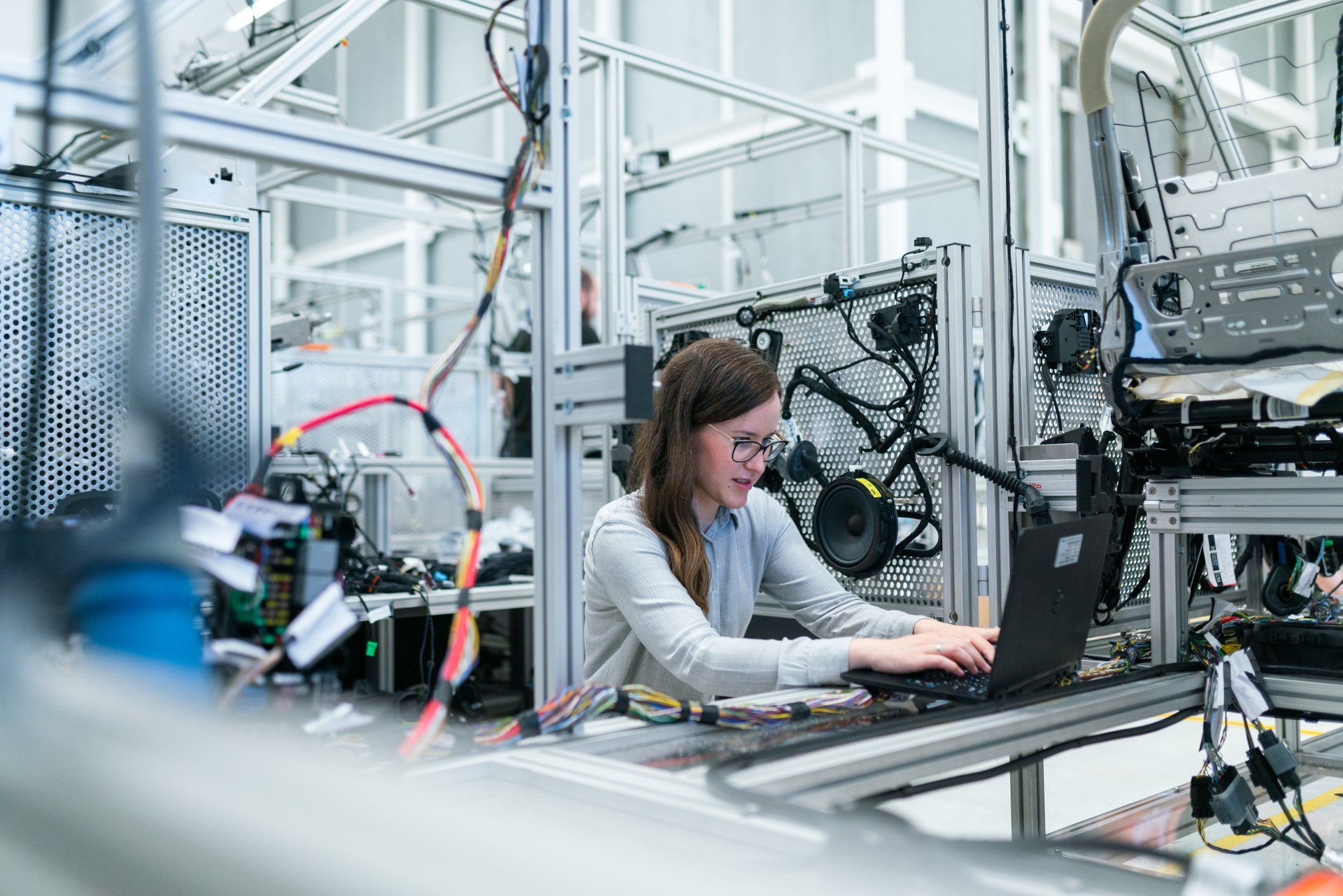Clean Technology
What is Clean Technology?
Clean Technology or 'cleantech' is defined as economically viable products, services and processes that harness renewable materials and energy sources, dramatically reducing the use of natural resources to cut or eliminate emissions and waste with the focus on finding solutions to address environmental, energy, waste, and air and water quality issues. Cleantech solutions are deployed in all industries and help to mitigate the impacts of climate change, imbed sustainable practices and create a circular economy.
Clean technologies embrace a diverse range of products, services, and processes across industries.
These technologies are inherently designed to:
Provide superior performance at lower costs,
Greatly reduce or eliminate negative ecological impact, and
Improve the productive and responsible use of natural resources.
Cleantech is a key feature of many business sectors including:
- New energy generation, storage and infrastructure
- Air and environmental management
- Recycling, waste and resource recovery
- The built environment and green buildings
- Water and wastewater
- Transportation and logistics
- Advanced manufacturing and industrial processes
- Agriculture and land management
Clean technology contributes more than $31bn to the Australian economy each year, supporting more than 65,000 jobs across 1,500+ organisations.
65,000+ People
1,500+ Organisations
$31bn Economic Impact
Energy
Renewable energy is a major part of cleantech, with areas like solar, wind and hydrogen gaining significant attention in recent years. Energy storage is another critical element with large scale batteries being installed across the world.
Water
Water quality is essential to life on earth, and reducing the impacts on our water sources is key to ensuring that we have a happy and healthy future. Water can also generate electricity through the use of tidal generators and dams.
Waste
Waste management and recycling are important factors in a sustainable, circular economy. Diverting waste away from landfill means less damage to the environment, cleaner air and less reliance on producing new materials.
Agriculture
Cleantech solutions are applied all across agriculture from soil quality, food for animals, biodiversity, and emissions reduction. Carbon smart farms are becoming increasingly more important in the race to reach a net zero economy.
Transport
From electric vehicles to hydrogen highways and aviation biofuels, the face of transport is changing thanks to clean technologies. Reducing emissions while increasing energy efficiency is crucial to this sector.
Construction
The environment that we build around us is just as important as the natural world. Low or no emission construction, green building materials and integrated systems all go hand in hand to create cleaner places to live, work and play.
Conservation
Environmental conservation plays critical role in cleantech, especially in areas such as climate change. Processes and technologies that support healthy ecosystems for plants and animals are now part of major government policy.
Research
Cleantech solutions rely on extensive research conducted across the globe. Universities and government supported institutions lead the way in driving innovation for the public good, especially in climate change mitigation.
Communication
The transmission of ideas through major promotions, business events or even casual conversation helps to share the message about the importance of the work being done, and helps to secure the future of clean technology.
Commercialisation
Commercialising new and emerging technologies ensures that everyday problems are matched up with the best solutions. More cleantech alternatives means more chances of reducing our impact.












